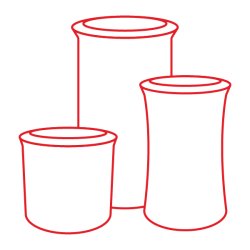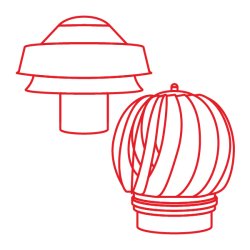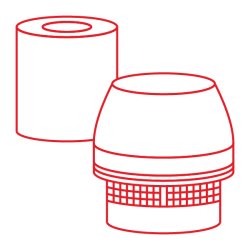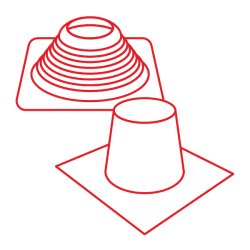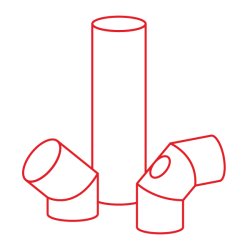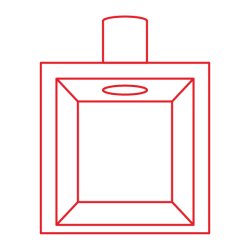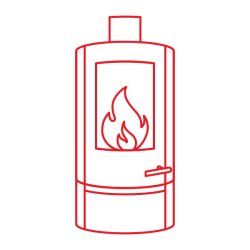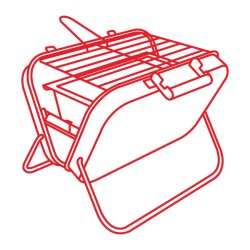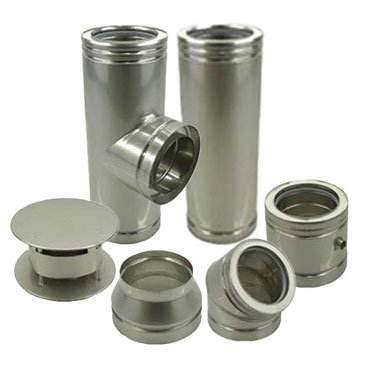A Stove is not just for Christmas
News Categories
By Year
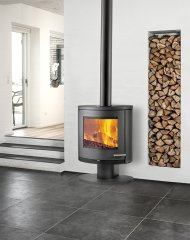
A wood burning stove is – like a dog – for life, not just for Christmas. By selecting the right one and looking after it once you’ve bought it, you will enjoy a host of benefits. David Ebbs of Specflue offers points to remember when buying and operating a stove:
• What do you want your stove to do? Many are simple room heaters; others can provide heat to radiators, underfloor heating and hot water.
• Consider the fuel. Some stoves burn only wood and others can burn wood and solid fuel. Never burn both wood and solid fuels at the same time.
• Fuel storage – do you have a spare part of the garden to erect a wood store? Think of wood fuel in the same way as you think of your washing – it requires some sunshine and wind to fully dry out before being brought indoors for burning.
• Fuel movement – if you are proposing to site a stove in an upstairs room, are you prepared to bring logs and/or coal in from outside and up the stairs?
• Fuel supply – you will need to check that you can arrange for a local supply of wood or coal based fuel.
• Stove cleaning – after every two or three fires you will need to clean out the ash; ideally use an ash bucket with a lid to prevent dust blowing through the house as you take the ashes outside. Open fire ash is good for your garden, but stove ashes are not, so you will need to bag and bin them.
• HETAS (www.hetas.co.uk) regulates the installation of wood and solid fuel stoves and flues, so always check you installer’s qualifications.
• Flue – although the flue will generally be hidden from view, it must be the correct type. This pipe is keeping you safe by removing the products of combustion, so ensure all regulations are met and the installation is completed by a HETAS-registered installer.
• Planning permission may be required for some flues. Ask your HETAS installer or showroom.
• You will see your stove every day, so make sure it meets your needs and looks the part. Paying a little more initially may save a lifetime of regret.
• Maintenance – once installed, the flue system should be swept at least once a year, preferably twice, by a qualified chimney sweep, who can also check the stove for any maintenance issues.
• Safety – do you need a fire guard to keep children and pets away from the hot stove?
• Look for energy ratings just like you would when buying a new fridge, and ensure the stove has a CE approval. Take the time to visit showrooms so that you have the opportunity to see, touch and feel the stoves on offer.
• A wood burning stove is not an incinerator so only burn approved fuels. You must not burn junk mail, old nappies, clothes, plastics or any other general waste.
• Stoves are not designed to be left alight overnight; stop putting on fuel an hour before bedtime and shut the stove air vents as you retire to bed.


